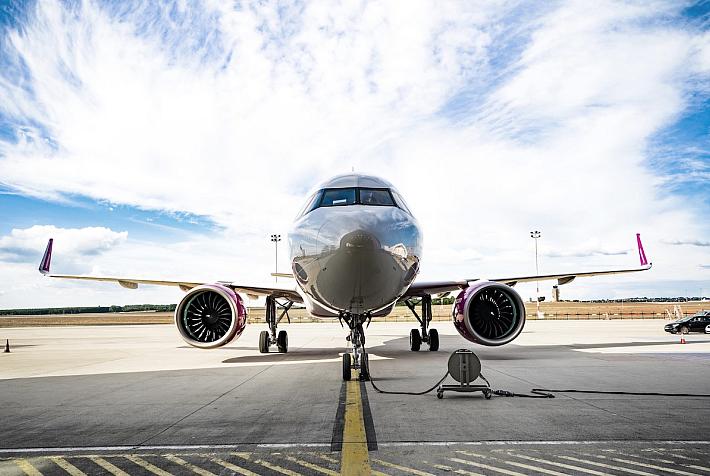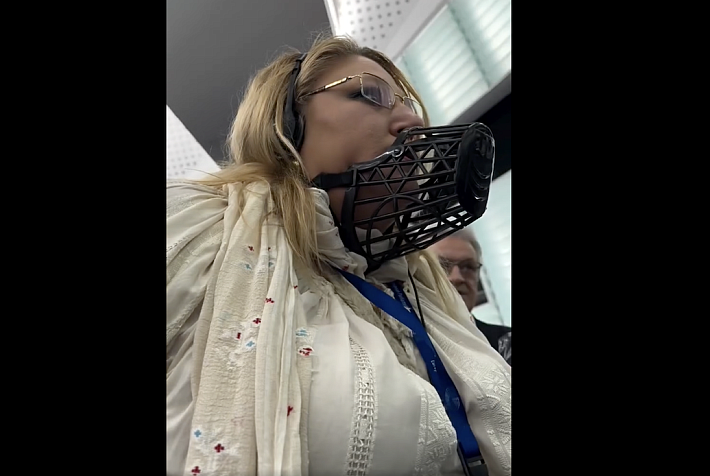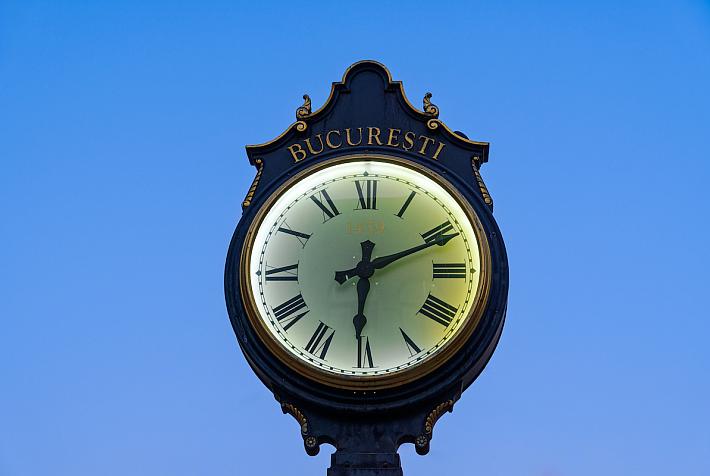Romanians abroad are sending as much money back home as FDIs

In 2023, Romanians in the diaspora sent EUR 6.5 billion back home, EUR 350 million more than in 2022. In comparison, foreign direct investments fell sharply, from over EUR 11 billion in 2022 to only EUR 6.6 billion, according to the National Bank of Romania (BNR).
As such, Romanians abroad remain one of the cornerstones of the Romanian economy, equating FDIs through their remittances. Overall, the diaspora sent home more than double compared to a decade ago. The value of personal remittances last year even surpassed the level from 2007-2008, the years immediately after joining the EU and the last years of the economic boom.
"The economic structure of the diaspora has changed, and its financial power is now greater than in the past. The first waves of emigrants date back to the period of '92-'95. They have been working abroad for about 30 years now, so they have reached a certain level of well-being, and their remittances reflect this," says Monica Roman, a professor in the Department of Statistics and Econometrics at ASE, cited by Ziarul Financiar.
At the same time, the main sources of remittances are now Germany and the United Kingdom, countries that have gained ground at the expense of Spain and Italy. These countries are more developed and pay corresponding salaries, so people have more money to send home, according to sociologist Dumitru Sandu.
It could also be that Romanians abroad are sending money to local accounts in preparation for their retirement.
It is not only mature people who aim to return, however. In 2022, Romania gained over 90,000 residents, mainly citizens from the Republic of Moldova or Ukraine. However, many Romanians are also returning home after living in Spain, Italy, Germany, and the United Kingdom. These returnees are mostly young people under the age of 40 who have come back to their hometowns, where they have found employment or started small businesses, according to the National Institute of Statistics cited by Digi24.
A total of 69% of Romanians have relatives abroad (compared to 51.8% in June 2013), according to a survey conducted last year. Estimates say around 8 million Romanians live outside the country.
(Photo source: Tomnex | Dreamstime.com)










